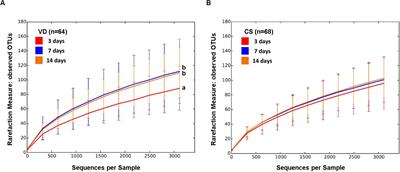MINI REVIEW
Published on 17 Jun 2022
Neonatal Programming of Microbiota Composition: A Plausible Idea That Is Not Supported by the Evidence
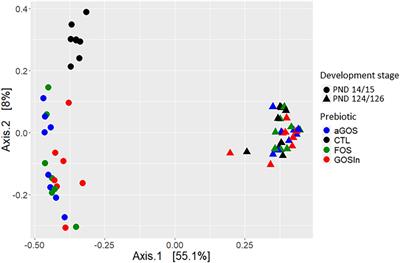
doi 10.3389/fmicb.2022.825942
- 2,132 views
- 7 citations
21k
Total downloads
79k
Total views and downloads
MINI REVIEW
Published on 17 Jun 2022

PERSPECTIVE
Published on 04 Feb 2022
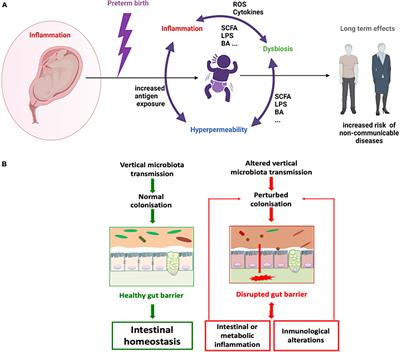
REVIEW
Published on 05 Jan 2022
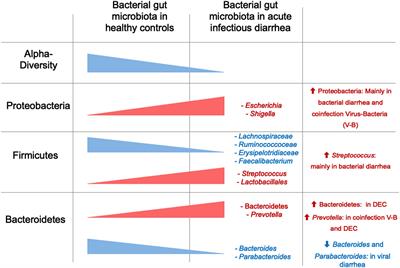
ORIGINAL RESEARCH
Published on 15 Jun 2021
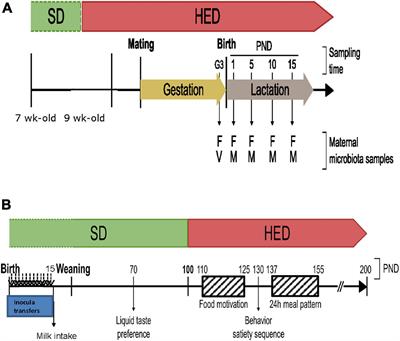
REVIEW
Published on 11 Jun 2021
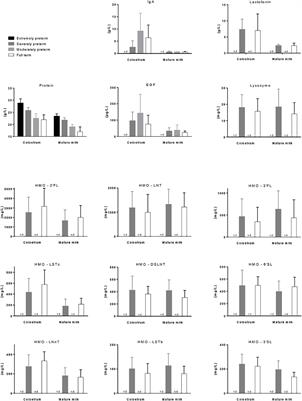
MINI REVIEW
Published on 19 May 2021
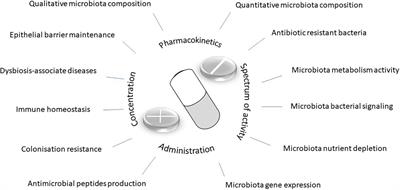
REVIEW
Published on 07 Apr 2021
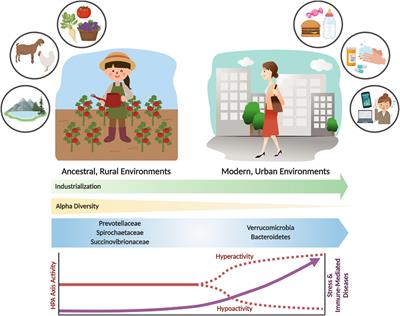
REVIEW
Published on 25 Feb 2021
ORIGINAL RESEARCH
Published on 11 Sep 2020
